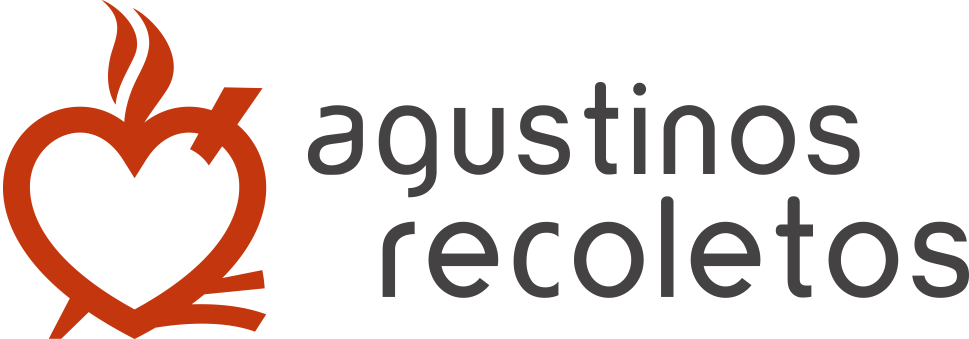The ETEEAP Genesis…
The following standards of practice for deputized higher education institutions shall be broadly acceptable to all individuals, employers/industry, education/training providers, professional regulatory boards, and professional associations:
- Accessibility and respect of clientele. The ETEEAP services must be accessible to Filipinos regardless of their places of residence, cultural or demographic characteristics, faith, ethnic origin and/or socio-economic circumstances. The program shall be sensitive to and respectful of the different interests, cultural traits and value orientations of its clientele.
- Accreditation of demonstrated learning. Only the demonstrated learning, gained through the activities performed or conducted by the individual, must be accredited. Validated evidence such as certificates, product, test result, documents and others must be accredited. Validated evidence such as certificates, product, test results, documents and others must be presented to support that the individual possesses such learning.
- Awarding of Credits. All demonstrated learning that have been accredited and granted equivalencies must have the competence requirements equivalent and consistent with those required by CHED in the formal degree program.
- Judgment based on criteria. Judgment on the claims for accreditation and equivalency shall be based on explicit criteria as contained within the specifications of degree programs and statements of learning outcomes. Statements of professional competencies as required by the professional regulatory boards should be used as appropriate.
- Transparency, fairness, objectivity and consistency of processes. The process of decision-making, range, form and criteria to assess a claim for accreditation and equivalency should be transparent, fair, objective, and consistently applied. All information about them should be accessible and/or available in printed documents.
- Transferability of credits. The outcomes of accreditation and equivalency and credited gained through the ETEEAP shall be transferable between institutions.
- Credibility of Assessment. To ensure the credibility of assessment, only experts in the field/discipline to be assessed shall constitute the Panel of Assessors to be composed of dean/s, faculty, professional associations and/or business and industry representatives.
- Availability of services and support to applicants. The services and support to individuals seeking accreditation and equivalency, e.g., professional advice, assistance in preparing for the assessment, career counselling, etc., should be available to all applicants to enhance their successful completion of the program.
- Well-defined staff roles and responsibilities. All staff, internal and external, involved in the accreditation and equivalency process should have well-defined roles and responsibilities and should have the necessary training in accreditation and equivalency of non-formal and informal learning.
- Monitoring and evaluation for efficiency, effectiveness and quality assurance. The policies, processes and procedures for accreditation and equivalency should be regularly monitored and reviewed in accord with clearly established institutional procedures. They should be open to monitoring, evaluation and review by the CHED to ensure effective and efficient implementation and quality of program offering in the institution.
- Availability of all information. All information on policies, procedures and practices of equivalency and accreditation should be provided and/or made available to applicants, academic staff, assessors or examiners, and stakeholders.
- Documentation and record keeping of all assessment result. All proceedings of assessment of prior learning, enrichment courses and evaluation thereof shall be documented and maintained in the ETEEAP Center/ Registrar’s Office of the deputized HEI.




